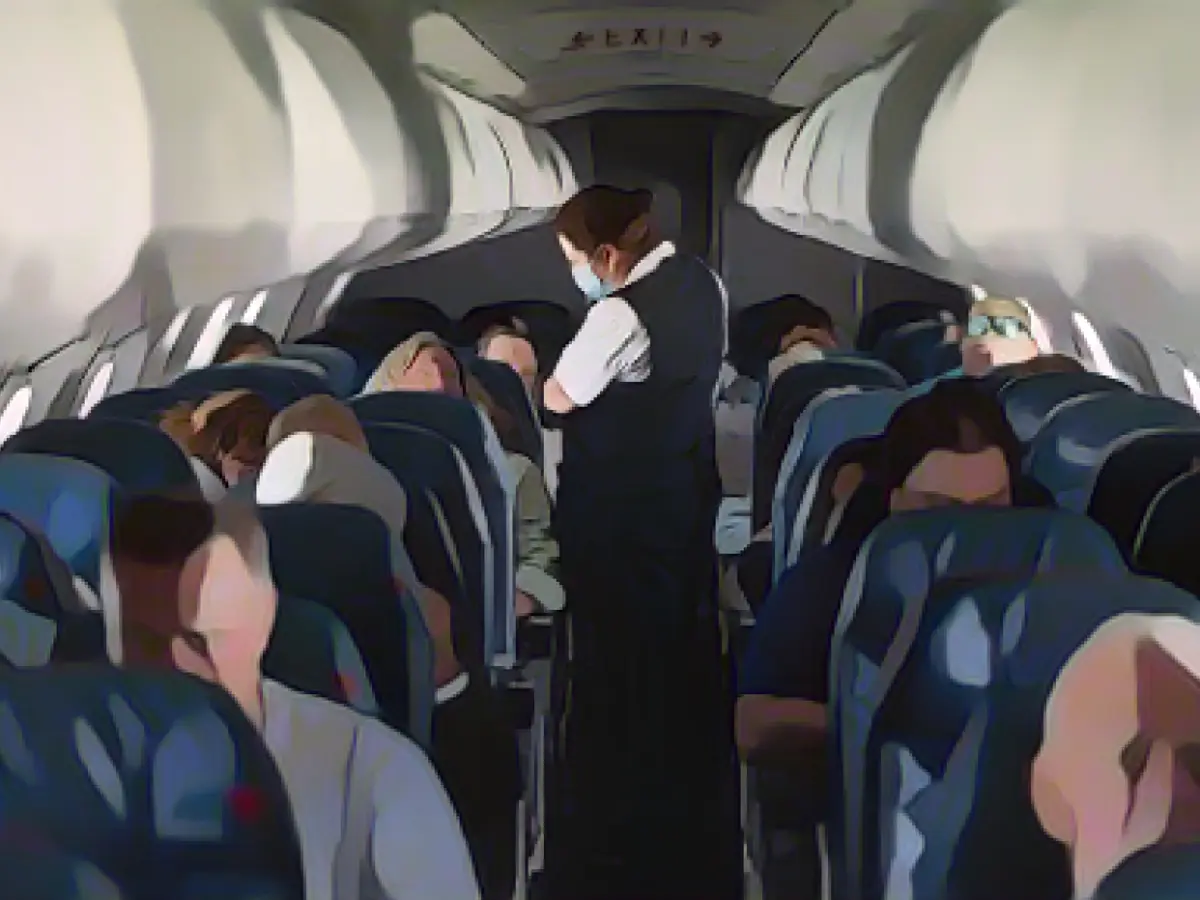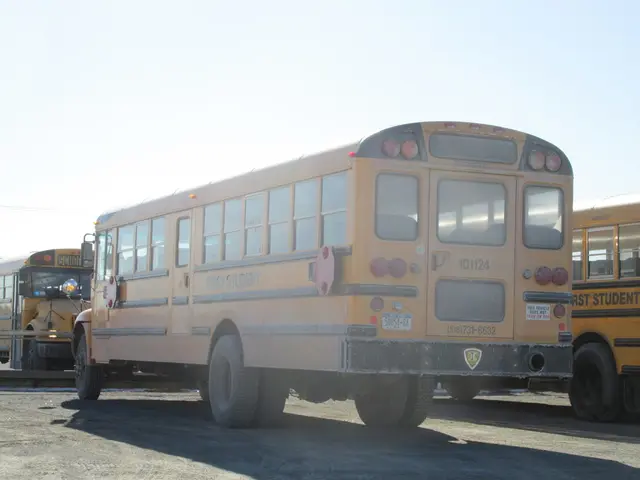In a recent update, the FAA announced changes to airline regulations, allowing flight attendants a longer break between shifts. Currently, flight attendants are entitled to at least a nine-hour rest period following a 14-hour shift or less. The new rules extend this time to a 10-hour break between shifts.
This change is applauded by industry leaders, such as Pete Buttigieg from the Department of Transportation, who stated, "Flight attendants work tirelessly every day to ensure the safety of traveling passengers and deserve our full support." The change aims to support flight attendants in carrying out their duties more effectively, thereby ensuring passenger safety.
Flight attendant unions have long advocated for this change, as flight attendants often work up to 14 hours after their shift, leading to exhaustion and overwork. Last week, the FAA informed airlines about the pending regulation changes. The new regulations will come into effect 30 days after publication in the Federal Register.
However, the demanding nature of their job often results in unexpected delays and changes in flight plans, further extending their work hours. During travel, flight attendants may encounter unexpected delays or changes in flight plans, which can result in lengthy work hours and exhaustion.
While this improvement in rest times is positive, it's crucial to consider the overall working conditions of flight attendants. Unexpected delays and changes in flight plans greatly impact their work hours and well-being in several ways, including unpaid work hours, compensation variability, impact on rest time, and legal challenges.
It's essential to address these additional challenges to ensure a fair and sustainable work environment for flight attendants. Their well-being is crucial for ensuring passenger safety and maintaining the high standards of the airline industry.
Further reading:
Sources:
Enrichment Data:
- Flight attendants often do not get paid for pre-flight tasks such as boarding passengers, completing pre-flight checks, and going through security checkpoints. This unpaid time can add up to several hours.
- During ground delays, flight attendants may still be required to care for passengers but do not receive compensation for their time, potentially leading to extended periods of unpaid work.
- Flight attendants' compensation varies depending on the airline and specific circumstances. In some cases, the compensation may not be sufficient to cover the full extent of unpaid work hours.
- Flight attendants' work schedules can be unpredictable, leading to irregular rest times and potential fatigue.
- Recent lawsuits challenge the current pay structure, arguing that it violates state wage and hour laws and aim to secure fair compensation for all work hours, including pre-flight tasks and ground delays.
- Flight attendant unions actively push for better compensation and working conditions, arguing that the current system is unfair and flight attendants should be paid for all their work hours.








